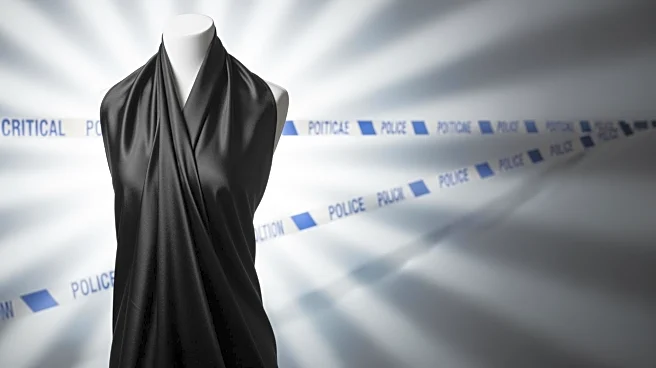What is the story about?
What's Happening?
The assassination of Charlie Kirk was carried out using a Mauser model rifle, a German-made firearm from the World War I era, which predates the requirement for serial numbers on guns. This lack of traceability has raised concerns among federal authorities about the potential for similar attacks using untraceable weapons. The rifle, described by the alleged shooter Tyler Robinson as 'grandpa’s rifle,' was reportedly used to kill Kirk during an outdoor event. The absence of serial numbers on such vintage firearms, which are believed to be in millions of homes across the U.S., complicates law enforcement's ability to trace ownership and usage. The Gun Control Act of 1968, enacted after President John F. Kennedy's assassination, mandates serial numbers on firearms to aid in tracking, but older models like the Mauser remain exempt.
Why It's Important?
The use of an untraceable firearm in a high-profile assassination highlights significant gaps in gun control and tracking laws in the United States. This incident underscores the challenges faced by law enforcement in preventing and solving crimes involving vintage firearms that lack serial numbers. The potential for these weapons to be used in criminal activities without leaving a trace poses a threat to public safety and complicates efforts to regulate gun ownership. The case may prompt renewed discussions on gun control legislation, particularly concerning the regulation of older firearms and the need for comprehensive tracking systems.
What's Next?
In response to the assassination and the use of an untraceable firearm, there may be calls for legislative action to address the loophole in gun tracking laws. Lawmakers and gun control advocates could push for measures to require retroactive marking of serial numbers on older firearms or implement alternative tracking methods. The incident may also lead to increased scrutiny of gun shows and private sales where such vintage firearms are commonly traded. Additionally, law enforcement agencies might enhance their focus on identifying and monitoring untraceable firearms within communities.















